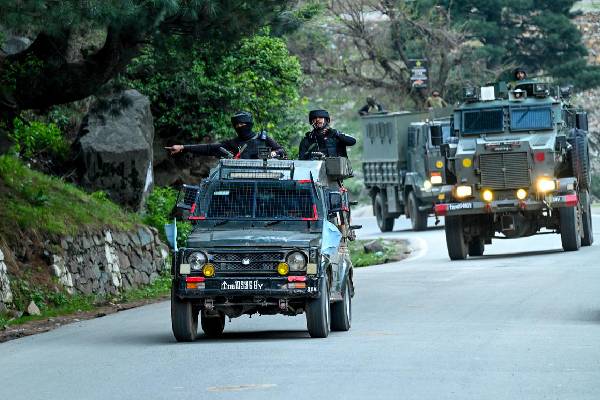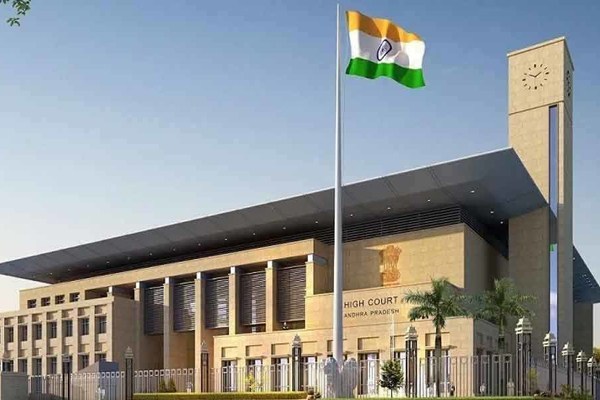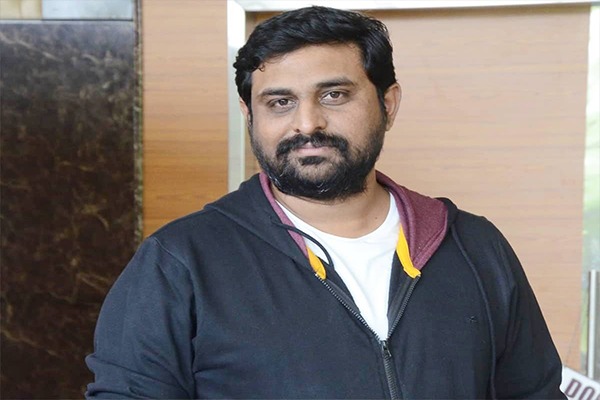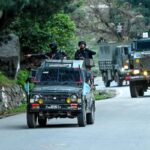Providing a fearless society to the people by establishing the rule of law should be the top priority of the governments. Police machinery should be given full independence so that it discharges its duties freely without fear of the ruling dispensation. Unfortunately, the police machinery is often used by state powers for its vendetta politics, to silence its adversaries. Vendetta politics in Andhra Pradesh has used fear through violence manifested in either verbal or physical intimidation, threats or assaults against political rivals.
Power should not undermine the sanctity of the government. Misusing the instruments of governance, namely the police and the administration, into either passive agents or active promoters of fear and intimidation to silence the Opposition is detrimental to democratic principles. Sadly, political vendetta has become stronger than the law in Andhra Pradesh and elsewhere in the country.
The responsibility of the DGP is to ensure the rule of law is maintained but this is not to be, at least in Andhra Pradesh. The arrest of former chief minister and TDP president N Chandrababu Naidu at Vishakapatnam airport falls in the category of political vendetta. The TDP boss was arrested when he arrived at the airport on February 27 to participate in various programmes. As a matter of fact, the TDP obtained necessary permissions from the police to hold the party’s programmes. However, the YSRCP workers arrived at the airport and disallowed Naidu from entering into the city and thereby forcibly stopped him from taking part in the party’s programmes.
What was YSRCP afraid of? The Jagan-led party enjoys a clear majority in the Assembly with 151 members, why then should the party fear Naidu’s entry into Vizag? The YSRCP boss needs to introspect for the actions of his workers and followers which of course must have been carried out with full knowledge of the ruling party president. On its part, the Andhra Pradesh police arrested Naidu under CrPC 151 in clear violation of the police manual. Sec.151(1) empowers a police officer knowing of a design to commit any cognizable offence to arrest, without orders from a magistrate and without a warrant, person so designing if it appears to him / her that the commission of the offence cannot be otherwise prevented. What cognizable or unpreventable trouble did the AP police fear that Naidu or TDP workers would foment? The arrest was challenged in the High Court.
The High Court pulled up Andhra Pradesh DGP Gautam Sawang questioning why action should not be taken against the police. In his deposition before the court, Sawang had to cut a sorry face. He admitted before the court that Naidu’s arrest was not in the spirit of Sec.151(1). The HC asked him to take action against the assistant commissioner and the commissioner of police of Vizag who served the arrest notice. One wonders if Naidu was arrested without the knowledge of Sawang. The HC’s observations were definitely a slap on Andhra Pradesh DGP. Lesson: The situation should not arise where the High Court has to remind the DGP of his responsibilities and that the police should safeguard the people and not serve the political agenda of the ruling dispensation.

































